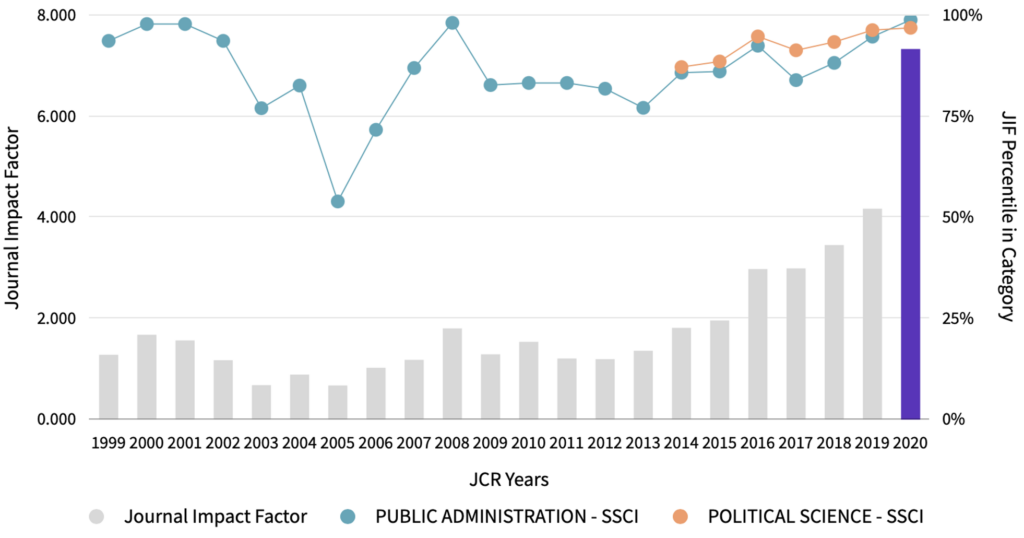

In any democratic system, political decision-makers should shape policies according to public preferences. In the context of the EU, the public-to-policy linkage is often thought to be weak. In their article “A responsive relationship? setting the political agenda in the European Union”, Magda Giurcanu and Petia Kostadinova research the extent to which the European Commission responds to the preferences of the European public. They find that the Commission’s efforts to respond to public dissatisfaction with the EU already began during the first Barroso Presidency. The comparison between Europarties’ pledges issued during the 2004 EP elections and subsequent Commission policy priorities reveals that the Commission and the EP generally address the same topics in their public statements. Three conditions facilitate the Commission’s consideration of the EP’s agenda: (1) when levels of Euroscepticism are high, both in terms of principled opposition and critical positions towards European integration; (2) when the public cares deeply about the policies under consideration; and (3) when the topic of the policy proposal falls under a Commission Directorate best described as friendly to the public. Thus, the authors conclude that despite being an unelected body, the Commission strategically responds to pressures from below by taking into account the EP’s policy agenda in its policy priorities.








